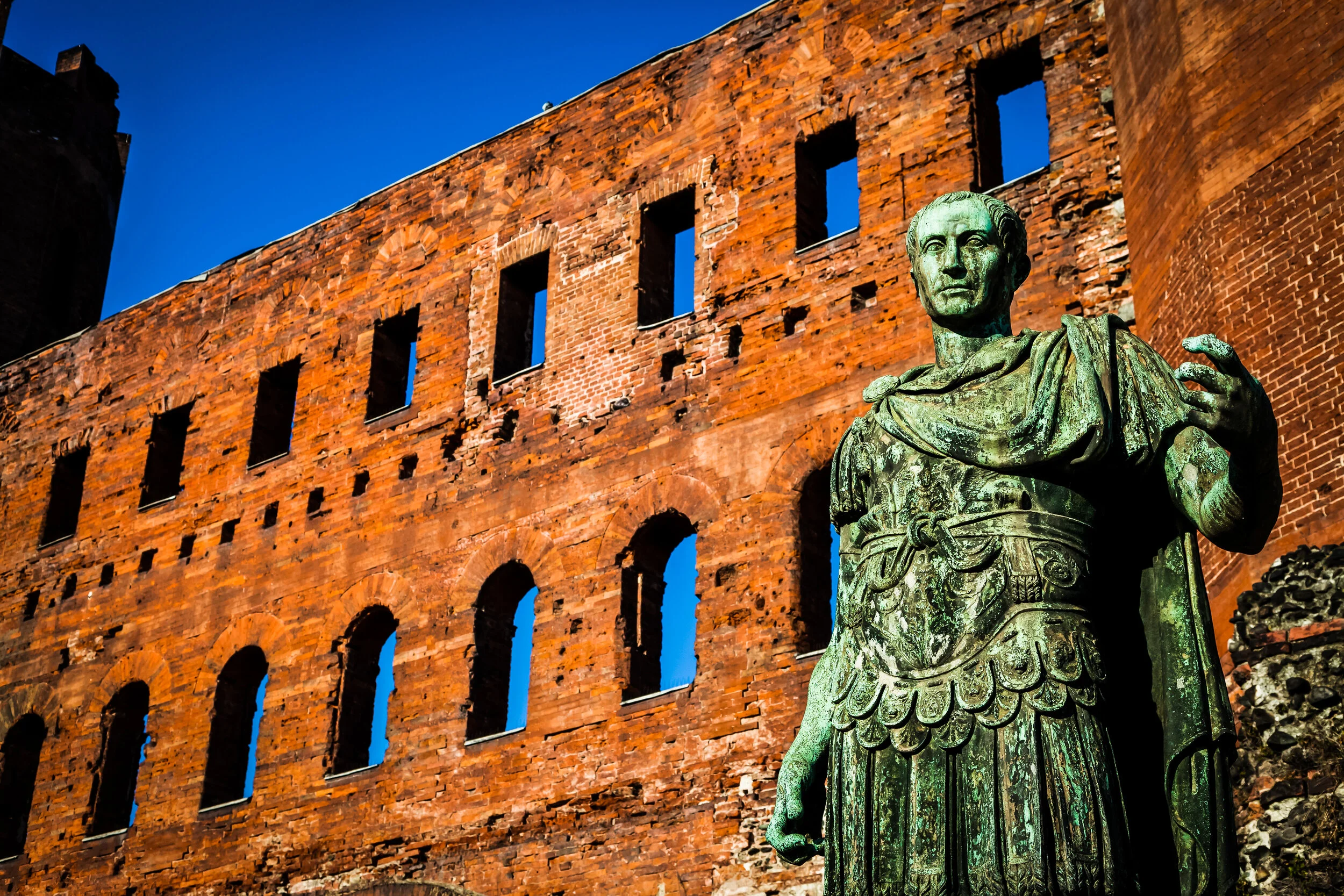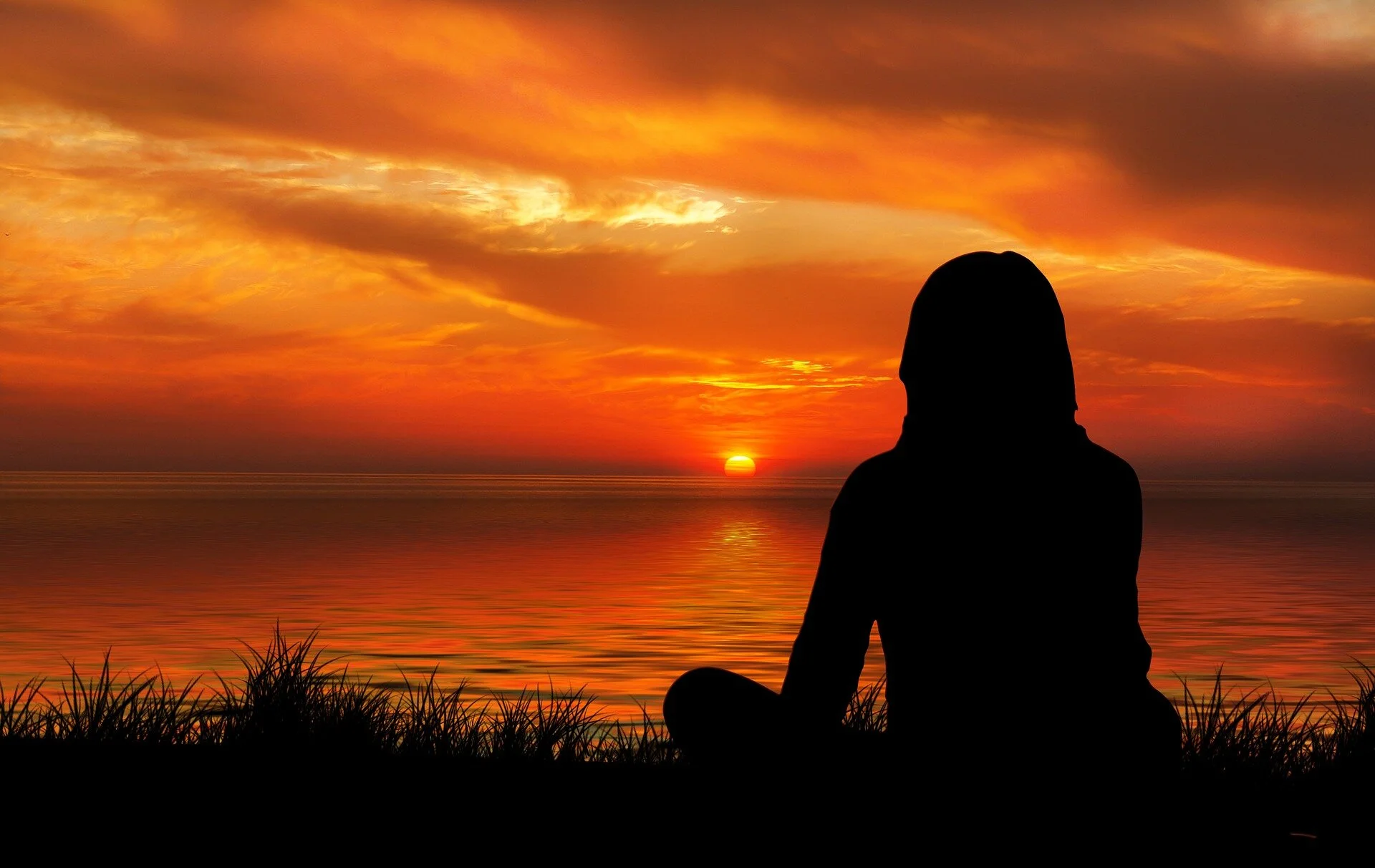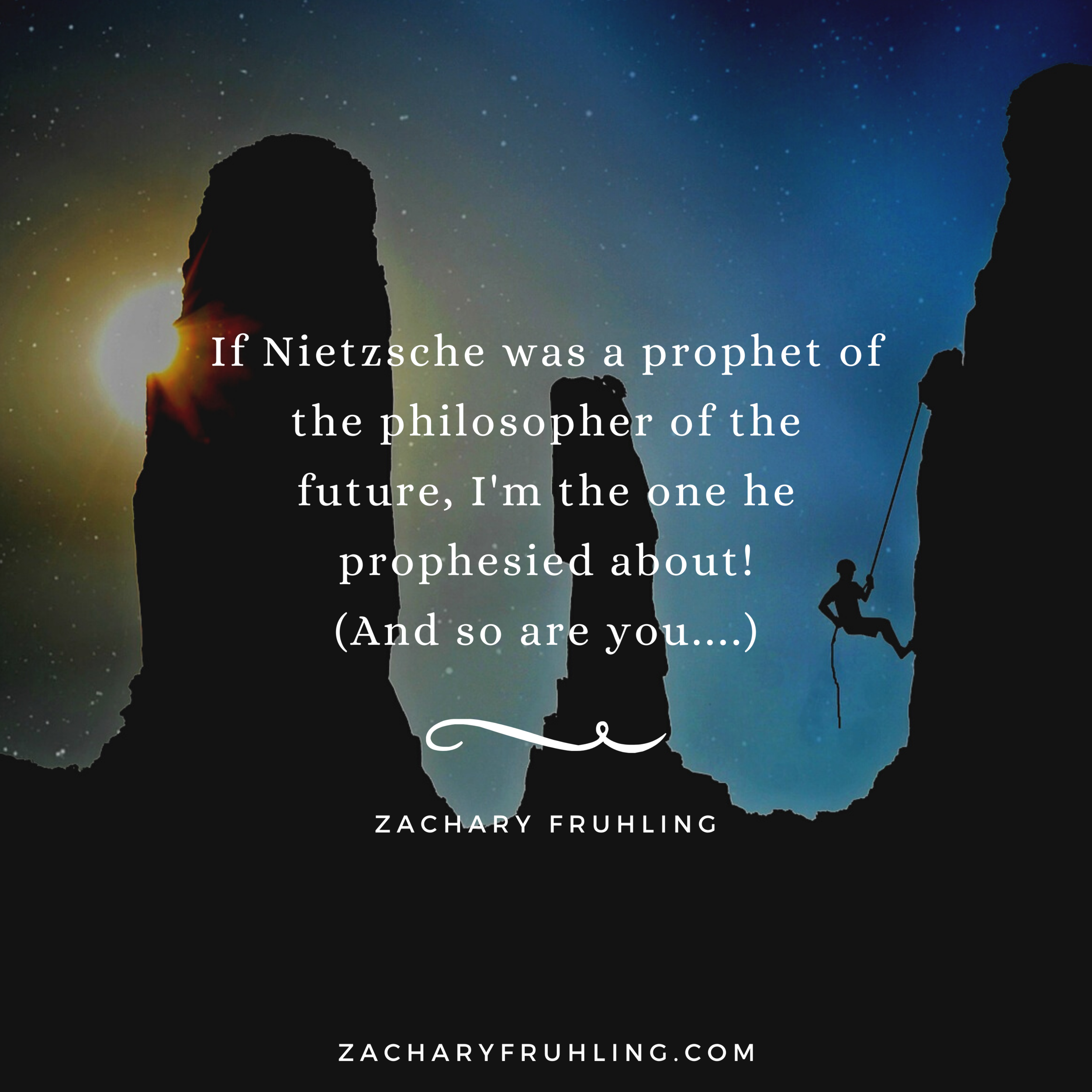On Philosophical Loneliness: It's Lonely Being a Romantic, Stoic, Existentialist, Hedonist Philosopher
I’m in the one percent. Not the one percent of the world’s wealthiest people, but the one percent of philosophers, themselves far fewer than one percent of the overall population, so the one percent of the one percent, so to speak, who consider themselves romantic, stoic, hedonist, existentialist philosophers—a rara avis, a rare bird and a rare variety of philosopher indeed!
Romanticism in general is in decline, and even more so for us overly-practical Americans. And it’s increasingly difficult to be a stoic with the flames of political and social unrest being fanned by doomsday-sayers, MAGA Trumpers, social media influencers, news media in general, and politicians of all ranks and affiliations. There is so much noise to try, somehow, futilely, to drown out with the inner peace and harmony of one’s own thoughts—in perhaps vain hope of recapturing some sort of existential freedom and self-determination in one’s own life, so as not to end up as the tail being wagged by the dog of the popular perceptions of the masses on either side of the political spectrum or issues.
And, of course, most people are far too repressed—even oppressed—to be real hedonists, to be open with themselves and with others about the passions that burn within their own bodies, hearts, and minds—at least in the light of day. Oh, the masks we wear, for others, yes, but also for ourselves, feigning righteousness—self-righteousness—and covered in a veil of false asceticism for the sake of our own self-image, both culturally and publicly, and as philosophers. I know better than that what goes on behind closed doors. We all do.
19th-century German philosopher Friedrich Nietzsche, in addition to claiming to be the “last philosopher,” felt a terrible intellectual and social loneliness within himself—a type of isolation that no ordinary person, friend, family member, or even any other philosopher or companion could overcome:
“If I could give you an idea of my feeling of loneliness! I have nobody among the living or among the dead, to whom I feel related. This is indescribably horrible!” (Nietzsche, Letter to Franz Overbeck, quoted in Nietzsche: An Introduction to the Understanding of His Philosophical Activity by Karl Jaspers)
Nietzsche had no equal, no one he could really talk to or connect with, among his family and friends, among his fellow living philosophers and philologists, or even among the words of the long-dead philosophers in the history of philosophy, whose ideas and principles Nietzsche seemed to find far less lofty and inspiring than other philosophers throughout the history of philosophy have found them to be.
Most philosophers have never experienced this terrible loneliness. In fact, from the beginning philosophy was historically a social activity. Think of the dialectical nature of Socrates’s philosophical activity as typified in the Socratic dialogues of Plato. Socrates’s friends were with him right up until the end—until the moment he drank the hemlock as recounted in Plato’s Phaedo dialogue. Although Socrates likely had his own bouts of loneliness, like anyone, it strikes me that these bouts must have been few and far between.
Nietzsche, in contrast to Socrates but strangely like him in spirit, was so different, so unique, so unwilling to walk the path of the herd philosophically, so transcendent, that other philosophers of his day didn’t embrace his quirkiness as Socrates’ fellow philosophers seem to have done with Socrates’s quirks. It’s no wonder that Nietzsche sank further and further into isolation, depression, and madness when even those closest to him weren’t true equals, true conversation partners, true intellectual partners and comrades.
I can relate. I feel Nietzsche’s terrible loneliness in my own way. There are several contemporary philosophers whom I am privileged to call my friends. And I’d like to think they feel privileged to be my friends, in turn, given how choosy I am about the people in this world to whom I am willing to devote my time or my intellectual and emotional energy. Even my closest philosophical friends, however, tend not to read my work, as it doesn’t fit the (rigid) mold of what they think of as philosophy. They are too mainstream, too unwilling to share their inner monologues and to lay themselves bare for themselves or others to see, while I give myself the intellectual freedom to wander off the beaten path and explore the twists and turns, and the dark alleyways, of my own thoughts and nature and being. Like all dark alleyways, though, these twilight paths can be traversed only alone, or at best with only one other person, a real partner, not with the crowd, or with mere acquaintances, or in the open light of day.
Not all philosophers have thought of philosophy as a social activity. René Descartes famously held that philosophy is best done introspectively, meditatively, typified by the setting in which he composed his Meditations on First Philosophy, alone at night by candlelight, his thoughts flickering in the cavern of his own mind much like the candlelight itself on the walls of his study. One can’t help but wonder whether Descartes, too, felt the philosophical loneliness of Nietzsche, or whether he was too busy being preoccupied with his own thoughts to notice the way in which he had philosophically isolated himself, perhaps every bit as much as Nietzsche but with less despair.
I have no equal. At least, I haven’t found one yet. Oh, there are philosophers—philosophical friends—I respect and admire (Jessica Samuels, Brian Prosser, Kaija Mortensen) and some I even idolize (Philip Clayton, Roger Bell, maybe even Nietzsche himself). The rest I sometimes pity and sometime just ignore; I am simply too different from them, too multifaceted, too extreme, too wild, possessing too little intellectual humility, too contrary to the grain of philosophy as most philosophers know it—so much so that we will simply never connect, never relate, never really communicate or really commune together.
I have found consolation in my own writing, as I have often found in my own hopes and dreams. At a certain point I realized that I could perhaps find anonymous equals out there in the ether, if perhaps not real friends or companionship, by writing down my philosophical ideas and reflections—my own Meditations, if you will—and sending them out into the world, like fishing in hope that someone worthy of real camaraderie and companionship will take the bait, to employ a metaphor. Like Nietzsche, perhaps my equals are only to be found posthumously in some future readers who look back on these writings of mine and wish, with the sadness of all missed opportunities, that they could have known me, or even loved me, when no one else in my own time seemed to want to really try.
People today may know some romance, but they aren’t romantics—the romance of life doesn't permeate their souls and beings. People know love, but they aren’t lovers in the way that I am. People talk about the importance of staying regulated but don’t temper themselves and put things into perspective as stoics should. People make decisions in life but fail to see that they are really just living up to others’ social and cultural (or familial, religious, academic, or professional) expectations for their lives. That is, they never really embrace their own freedom or their own authenticity, and thus they never live their own lives. I could cite a hundred examples from my own life when I’ve broken with the norm, cast off the shackles of others’ expectations, and forged my own path. And each one of those instances has taken me down a progressively lonelier road, personally, professionally, and philosophically.
While some have even praised me for my courage and boldness, no one seems willing to step onto my path—my own uniquely holistic, rapturously transcendent, romantic, existential, but tempered with a dose of pragmatism and stoicism, way of being. People have loved me, made love to me, but they haven’t truly been my lovers, not really, or only for a time before the novelty wears off. People have been my friends, but they don’t explore the same intellectual nooks and crannies, opting for familiar intellectual territory instead. People have been inspired by me, but they haven’t been inspired with me and alongside me, at least not for very long. Some have come close, closer than they realize, perhaps. Yet, when push came to shove, they chose to walk their own path (good for them, in a way!)—whether literally alone, or with someone else besides me, or collectively with the rest of the philosophical and cultural herd. And those who have walked with me for a time haven’t been real equals; the many fires that burn in me don’t seem to burn in them, or at least not in the same way.
I have never yet felt like I’ve truly connected with someone, philosophically and even romantically, despite many notable moments that would lead a third-person, outside observer to think otherwise (something for future historians of philosophy to wonder about—everyone likes gossip and a scandal, even so-called philosophers, and perhaps them most of all!). This inner dream of mine, to have a genuine equal—philosophically, romantically, existentially, intellectually, physically, hedonistically, conversationally, and more—may ultimately go unfulfilled. Like many ideals, it may be just a fabricated notion never to be actualized in day-to-day life (which, I have to believe, caused even Plato, the philosopher’s champion of ideals everywhere, to experience a similar sense of loneliness as he attempted to bring his own ideals into reality, to no avail).
I am writing for the future. If I am unloved as a philosopher today, perhaps future philosophers, better than the majority of today’s sorry lot, will love me and the great heights to which I’ve soared but seldom shared, and pity alongside me the joyless lifelessness of philosophers both past and present, the incessant quest for averageness—temperance, moderation, mere justice, mere virtue, mere reason, instead of transcendence and sucking the marrow out of life itself. Even if I suffer from the same kind of loneliness, philosophical and otherwise, as Nietzsche once did, no one will ever accuse me of not having really lived life or of not having followed my own path—choosing the lonely road when necessary if it felt like the right one, philosophically or otherwise.







